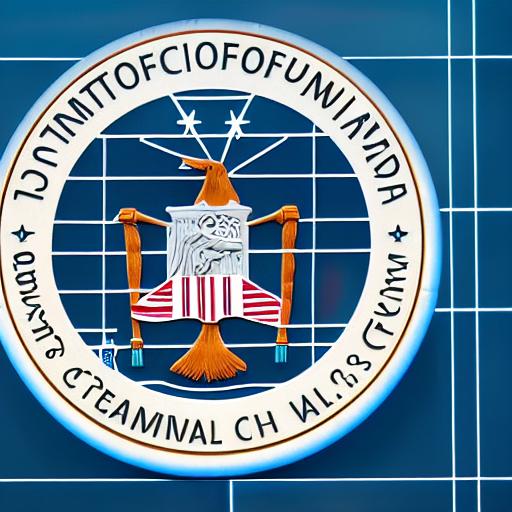According to Brian Armstrong, CEO of U.S. cryptocurrency exchange Coinbase Global Inc., the U.S. and Britain need to make their regulations for the crypto industry significantly clearer to stop businesses from growing in “offshore havens”.
At a conference hosted by the Innovate Finance industry association, Armstrong stated that the demise of the Bahamas-based FTX exchange last year has emphasized the significance of big economies having clear crypto legislation.
Due to the fact that these corporations will be established in offshore havens if the UK and/or the U.S. don’t have clear laws and regulations, Armstrong stated that we must have clarity regarding domestic legislation and regulation.
The cryptocurrency market is currently mostly uncontrolled in the United States, despite the fact that certain significant economies, including the European Union, have drafted custom regulations.
This year, U.S. regulators and law enforcement began a widespread crackdown on cryptocurrency businesses, targeting illegal offerings and violations of regulations intended to deter illegal activity. The American Securities and Exchange Commission threatened legal action against Coinbase in March for a number of items.
However, the British finance ministry unveiled its first set of regulations for cryptocurrencies in February, and the country’s financial watchdog called for further regulations to “detoxify” the industry in March.
Armstrong stated in a tweet on Monday that Britain was moving fast on sensible crypto regulation, and he was excited to keep investing in the UK.
However, he expressed concern about British banks’ increasingly strict policies about consumers sending money to cryptocurrency exchanges in an effort to combat fraud.
For instance, leading UK lender NatWest implemented new restrictions on customer transfers to bitcoin exchanges in March in an effort to safeguard customers from what it called “crypto-criminals.”
Armstrong tweeted that some UK banks are blocking fiat payments to crypto companies which is not ok. Fiat refers to conventional currencies.
Good fraud controls are sensible; a broad prohibition is not (and probably is not legal).








